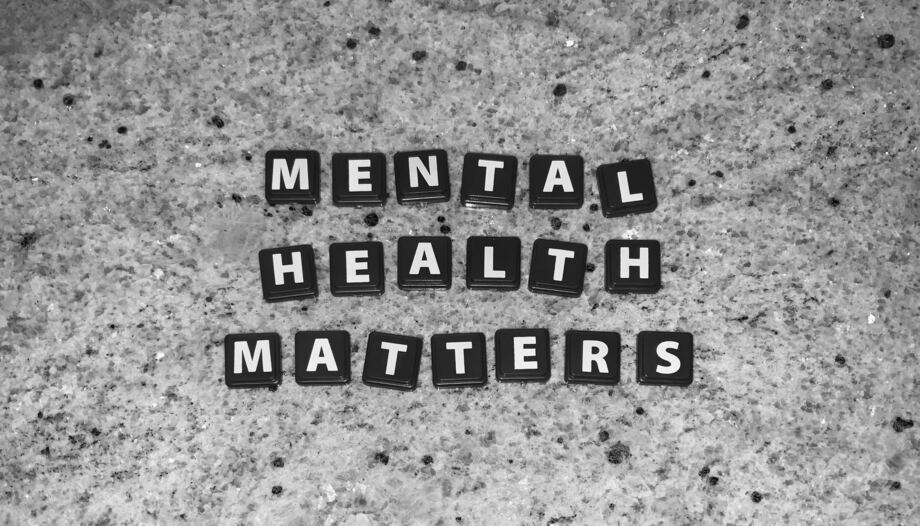"We have seen an alarming increase in depression and suicidal tendencies, especially among young people," the U.S. bishops acknowledge. To raise awareness about the issue, eliminate stigma and advocate for those suffering from mental health conditions, the "National Catholic Mental Health Campaign" is being held in the United States from October 10-18. The initiative, promoted by the United States Conference of Catholic Bishops (USCCBThe initiative has three components: a novena, roundtables and advocacy for resources for those in need of help. The initiative began with a novena on October 10, World Mental Health Day.
"With this campaign, we hope to raise awareness of this urgent issue, help eliminate the feeling of stigma or shame for those who suffer from it, and promote a clear message: everyone who needs help should receive it. Jesus teaches: 'For where your treasure is, there your heart will be' (Lk 12:34). You are the treasure of the Church. The Church lives to serve you," said Bishops Borys Gudziak, Archbishop of the Catholic Archieparchy of Ukraine Robert Barron, bishop of Winona-Rochester. The prelates - who are also the chairs of the USCCB's Committee on Domestic Justice and Human Development and Committee on Laity, Marriage and Family Life, respectively - ask "the intercession of St. Dymphna (of Ireland) and St. John of God (the patron saints of persons suffering from mental illness) for our work to bear great fruit at such a critical turning point in our culture today. May the Lord, the Divine Physician, bring help and comfort to all who suffer, inspire communities to offer greater support to the sick, and grant wisdom to legislators so that all who need help may receive it," conclude Bishops Barron and Gudziak.
Mental health in data
According to statistics from the US National Institute of Mental Health (INSM), as of 2021, 22.8 % of US adults (57.8 million) were classified with a mental illness, of them 14.1 million under a serious mental illness; however, less than half received needed medical care. This is because more than one-third of the U.S. population lives in areas where there are no mental health professionals. The Institute adds that, over the course of a lifetime between 60 % and 85 % of people may have a mental condition. "Like physical illnesses, mental illnesses are a 'normal' part of the human condition and should be treated as such," says the INMS.
Other reasons why mental illnesses are not treated are the stigma associated with mental illness and the exorbitant costs of the service. This is why the World Federation for Mental Health (WFMH) has chosen "mental health as a universal human right" as the theme for World Mental Health Day 2023. In this regard, WFMH Secretary General Gabriel Ivbijaro points out that although mental health is not specifically mentioned in the 1948 UN Universal Declaration of Human Rights, Article 12 of the 1966 International Covenant on Economic, Social and Cultural Rights states that "States recognize the right of everyone to the enjoyment of the highest attainable standard of physical and mental health". Ivbijaro indicates that this year's theme will provide opportunities to ensure that anyone suffering from a mental health problem has the right to access accessible and quality medical care, especially when it comes to forcibly displaced persons, minorities or children.
The World Health Organization (WHO) states that globally, one out of every eight people in the world suffers from a mental illness. In addition, more and more adolescents and young people are acquiring this condition. "No one should be deprived of their human rights or excluded from decisions about their own health because they have a mental health problem. However, around the world, these people continue to see their human rights limited in various ways," says WHO.













